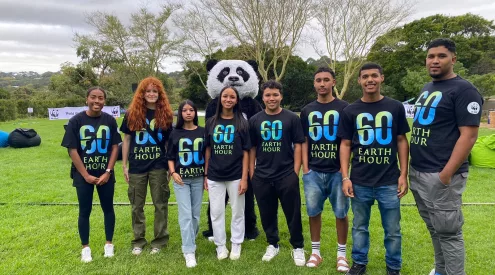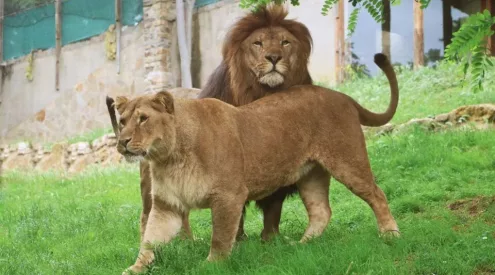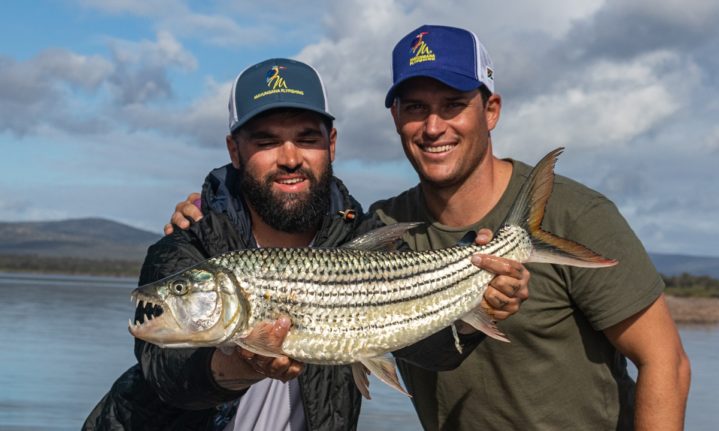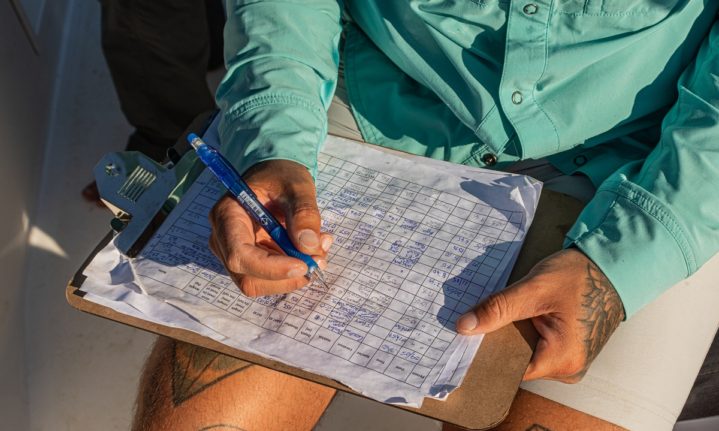Mavungana Flyfishing in association with the University of Mpumalanga, Ezemvelo KZN Wildlife and Pongola Game Reserve recently launched a groundbreaking tigerfish tagging project.

“To our knowledge, very few tigerfish have ever been tagged within the borders of South Africa,” said Jonathan Boulton, founder of Mavungana Flyfishing. “Most of those that have been tagged, were in the rivers of the Kruger National Park, so we’re excited to learn more about the movements of these special fish.”
In South Africa, African tigerfish (Hydrocynus vittatus) are limited to a few waterways, most of which are in the Lowveld and flow in, through, or out of the Kruger National Park. Lake Jozini – previously called Pongolapoort – is the species’ most southern distribution.
Boulton founded Mavungana Flyfishing in Dullstroom in 1997 and has since run guided trips to target exotic fish species – from Atlantic salmon in Russia to peacock bass in the Amazon and giant trevally in the remote atolls of the Indian Ocean, among others, but the special tigerfish of Lake Jozini are closest to his heart.
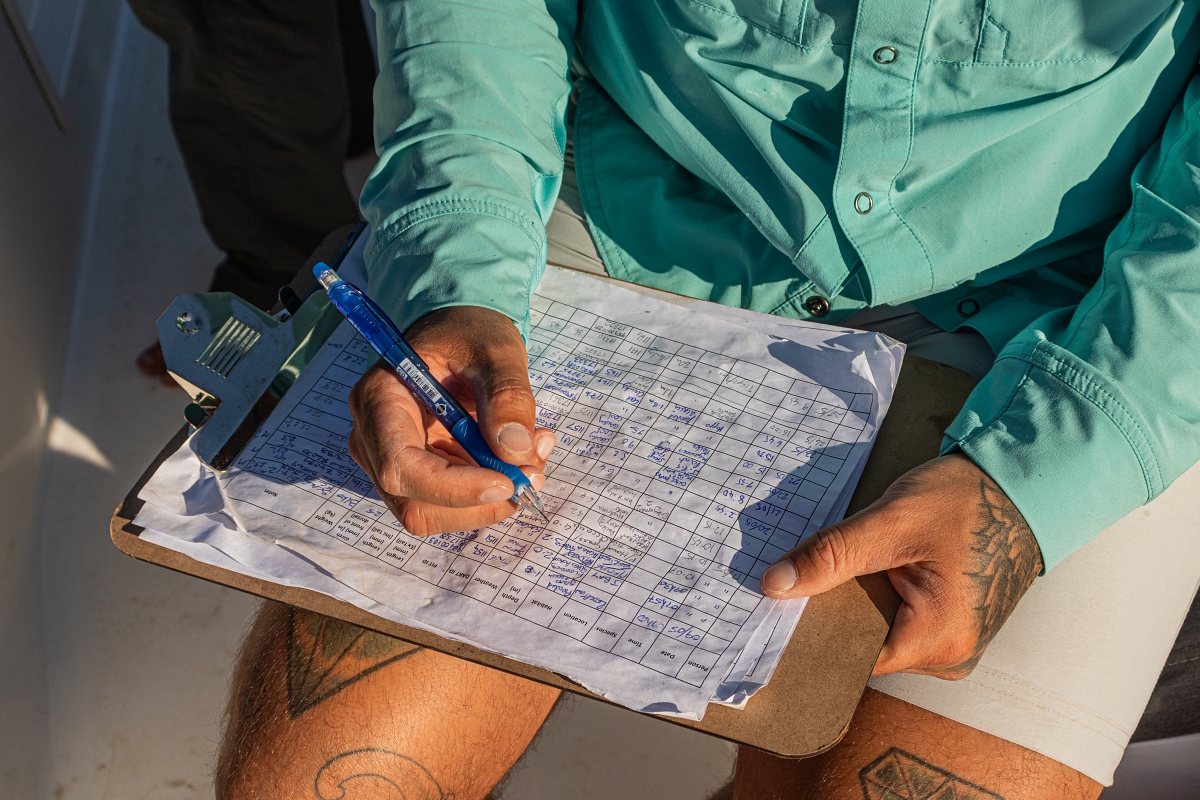
“Historically the fish have been small, but counter-intuitively, global warming suits this fishery,” he said. “Warmer water and better clarity (due to reduced rainfall) suit tigerfish and each year the average size of fish we catch increases. I love the way we fish for them, using trolling motors to stealthily sneak into shallow water and present light brush flies on floating and intermediate lines.”
For Boulton and his team, who invested heavily in the research and tagging equipment, the results will prove very interesting, but for the likes of Adam Wyness, a Post Doctoral Researcher on the ‘Rivers of Life’ programme associated with the University of Mpumalanga it will prove invaluable to assist with future conservation efforts.
“Lake Jozini is a unique place, in that it has a very large and healthy population of tigerfish, on the surface at least,” Wyness said, explaining that in many places where they are historically distributed, they’ve been displaced by alien species.
“We’re using Jozini for this project as it’s got a good amount of recreational catch-and-release angling so it’s perfect for these kinds of studies,” he added. According to Wyness, tagging the fish will help them to better understand the population numbers, the movement of the population, the growth of individuals and to see the age of individuals.
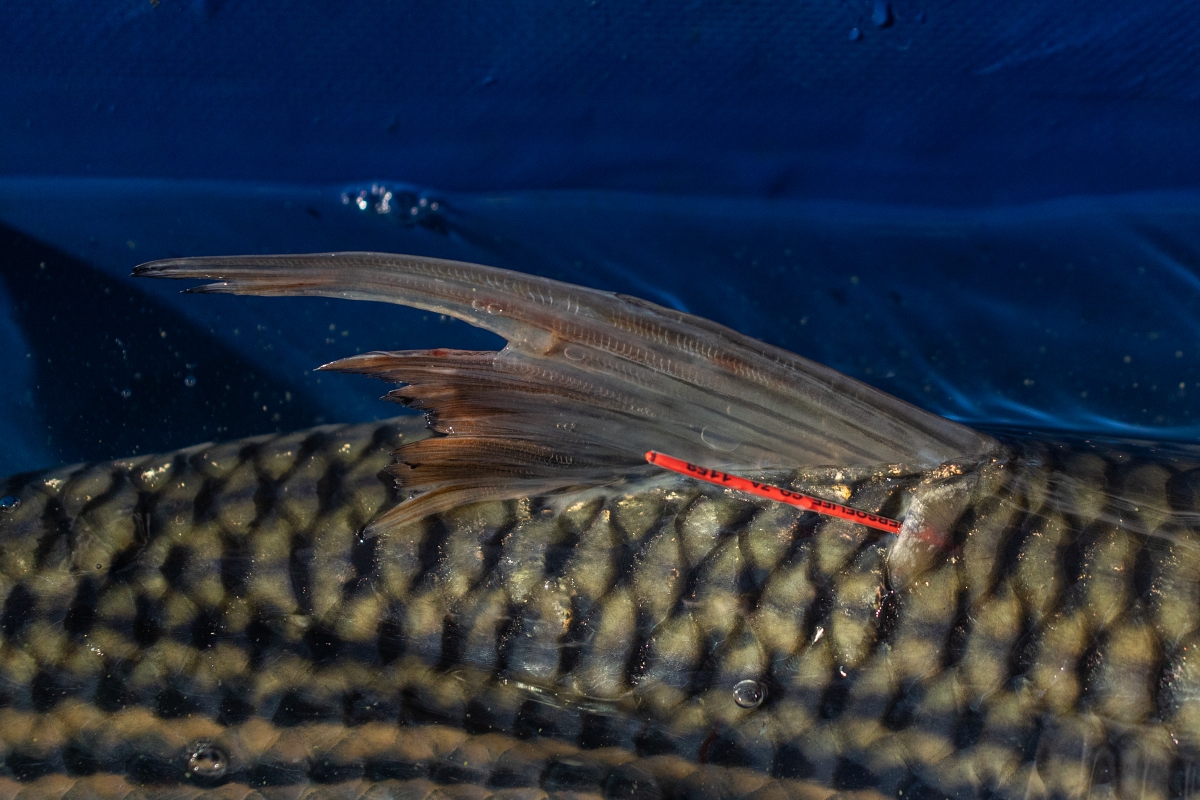
“Their migration is a big issue. The dam was built about 60 years ago, so we want to see with the tags how much the fish move in and out of the dam itself if they’re going up the river and also how much they move within the dam,” he said.
“The tigerfish is very important for recreational angling, but its also a very important predator in the food chain, which is under threat from a lot of stresses – our waterways are under threat from reduced flows, reduced amounts of water, alien species, contaminants, pollutants amongst other stressors, so we want to see how they are doing.”
If you capture a tagged fish in Lake Jozini, take a photo, record the tag number and as much information as possible on its length, weight and location, and report it to riversoflife.co.za.
Pictures: Supplied
ALSO READ
Applications open for the Clipper Round the World Yacht Race

